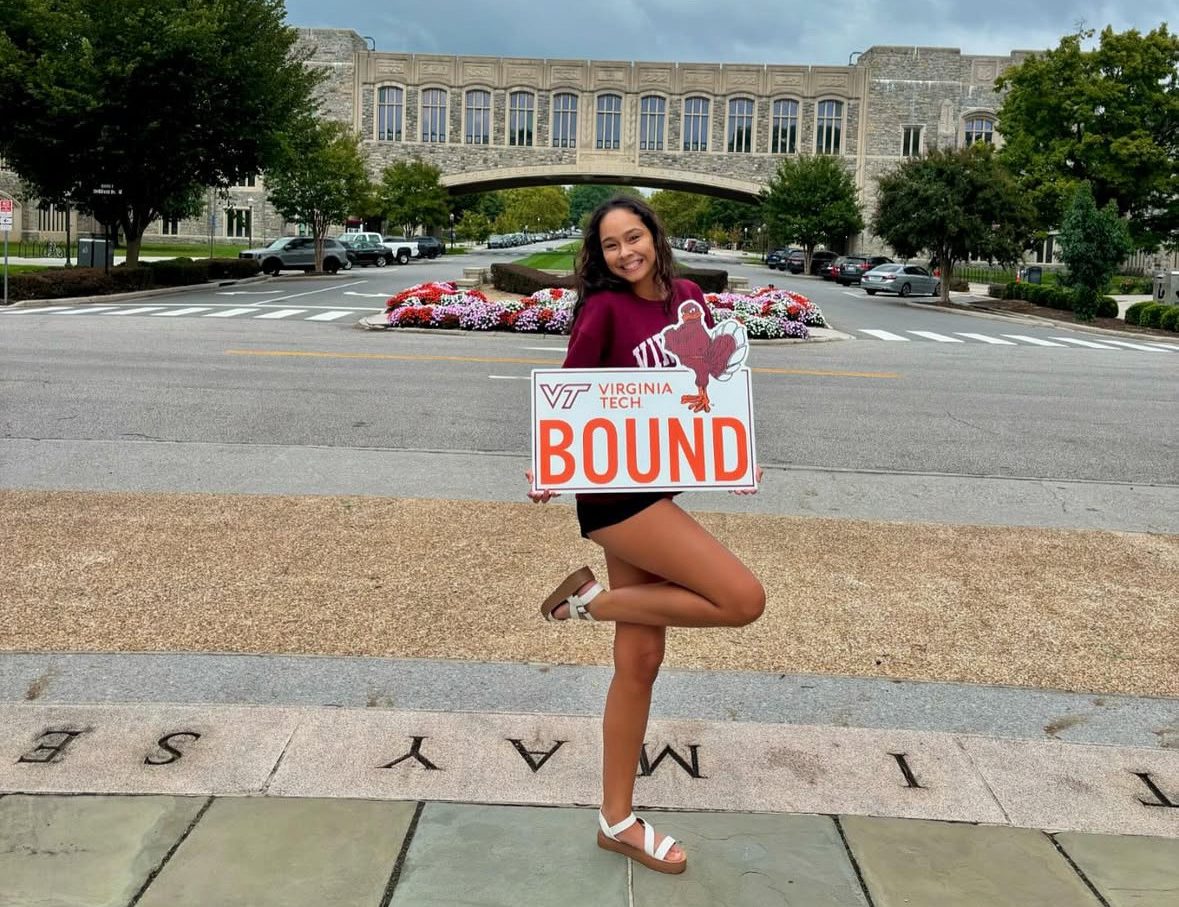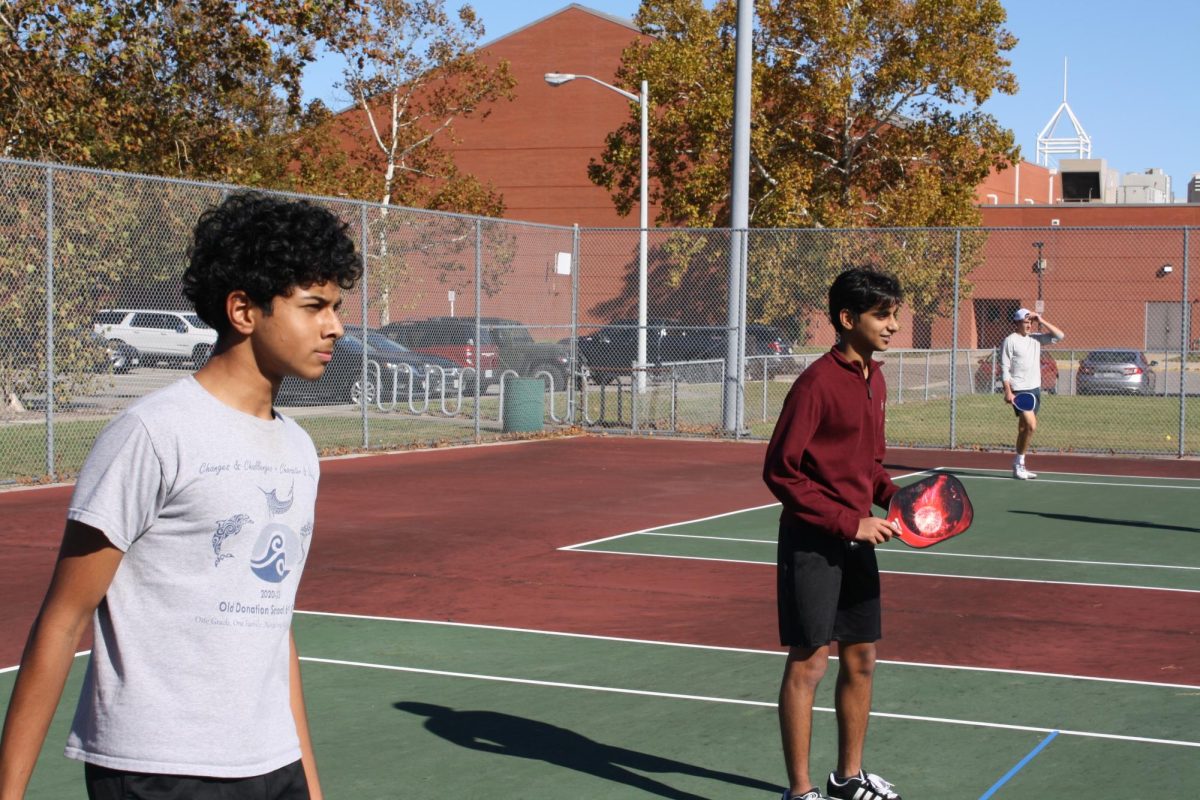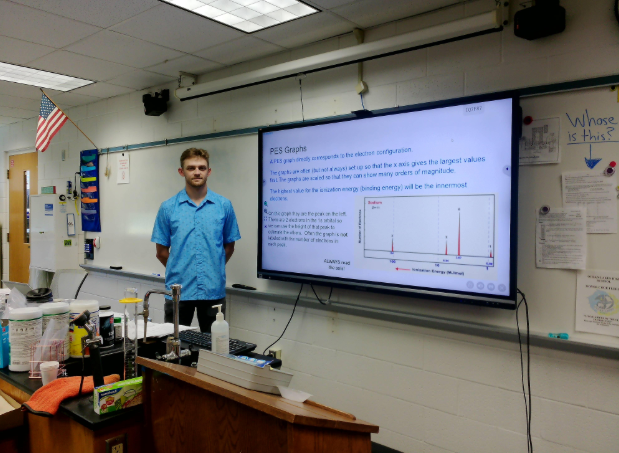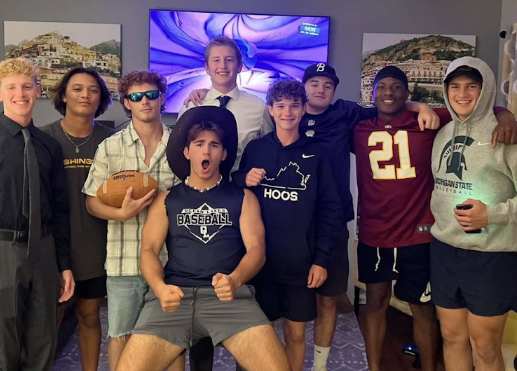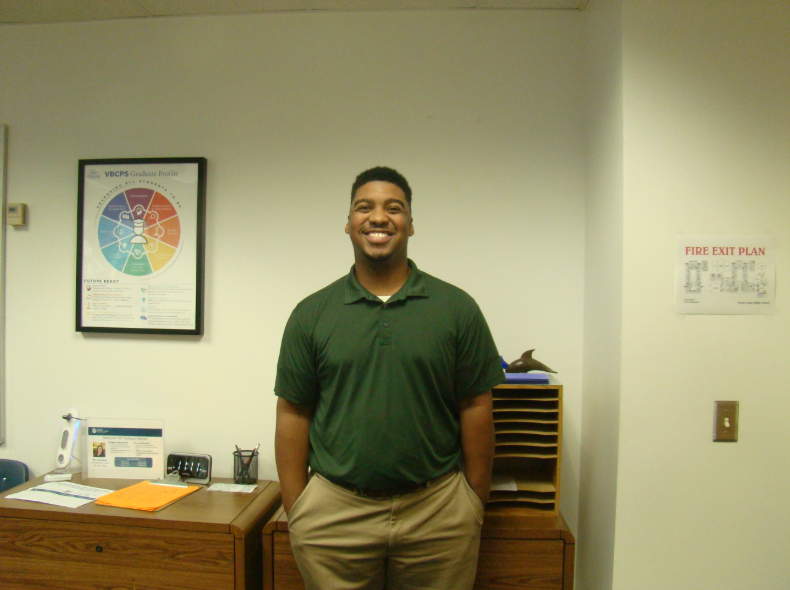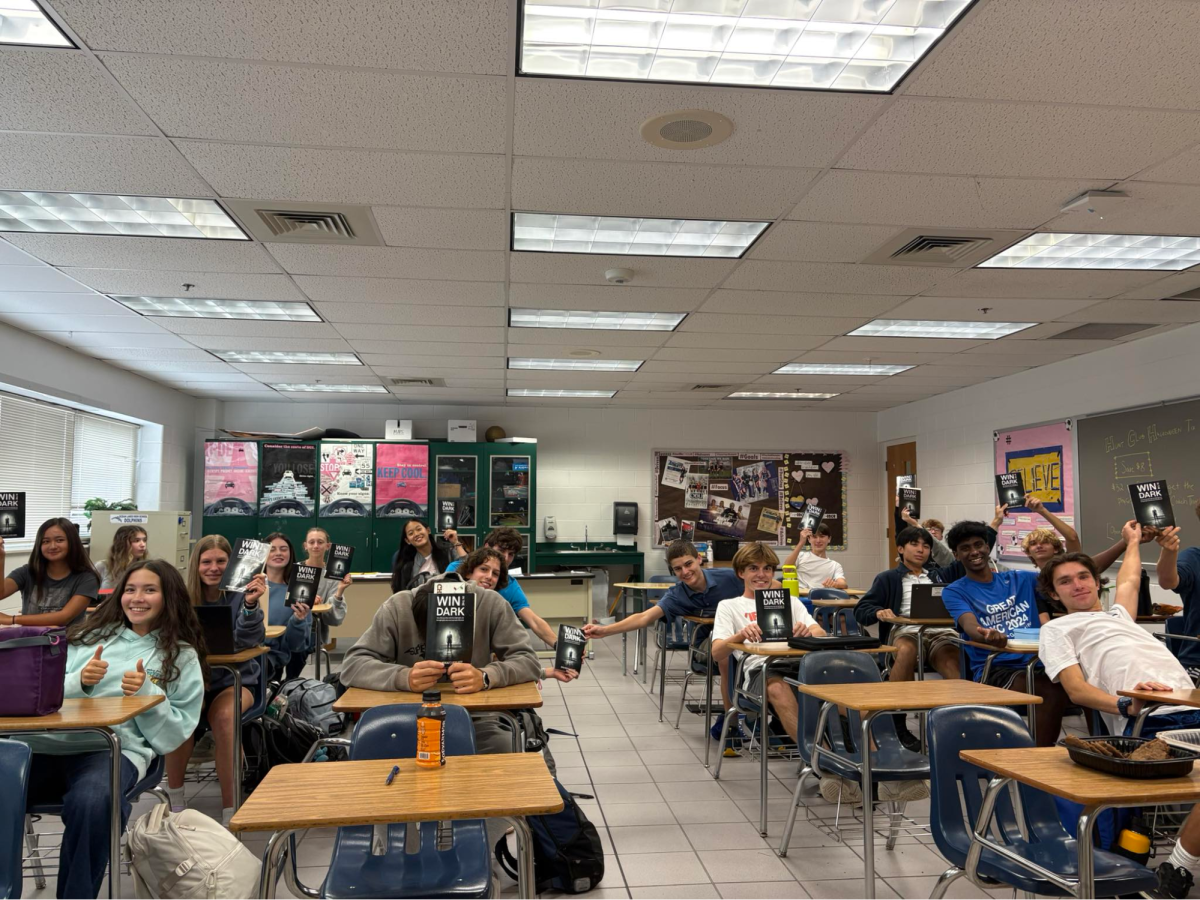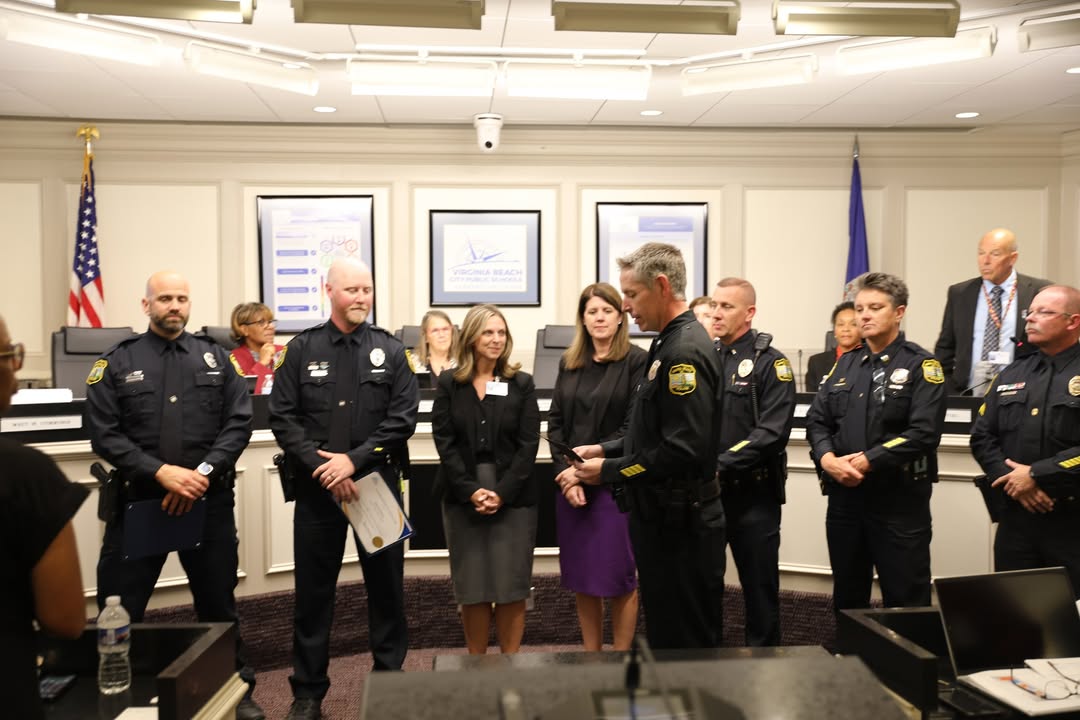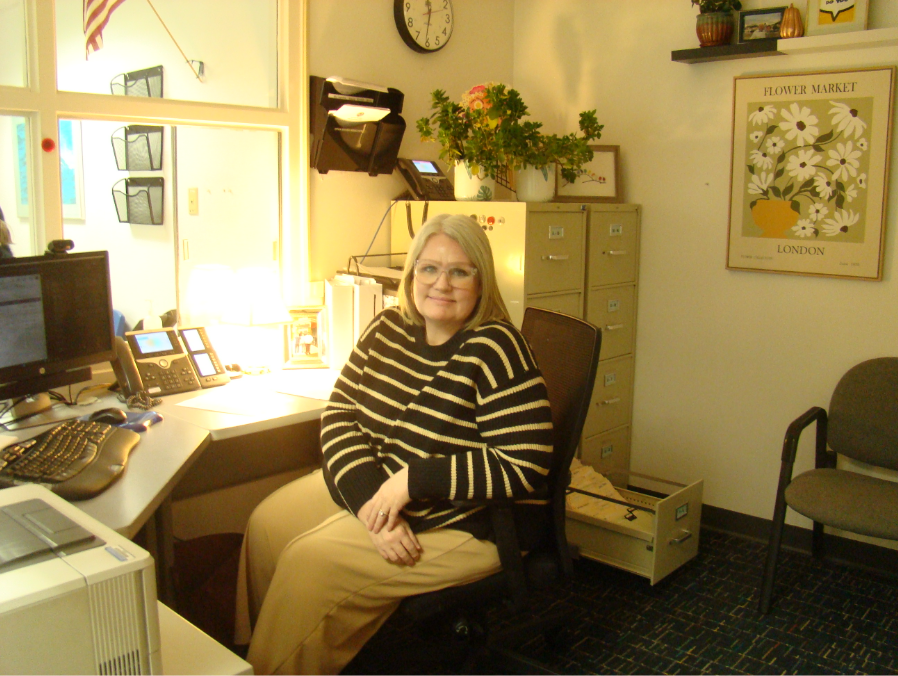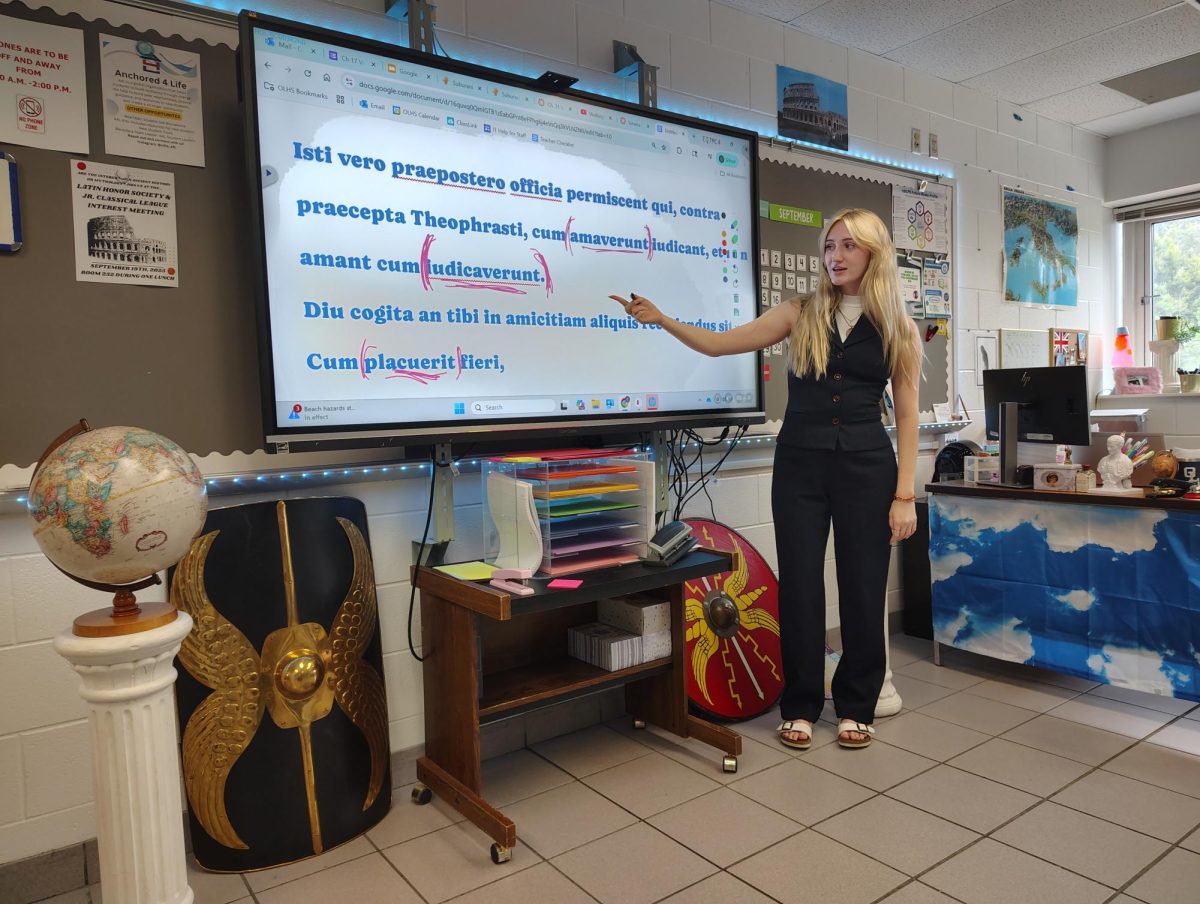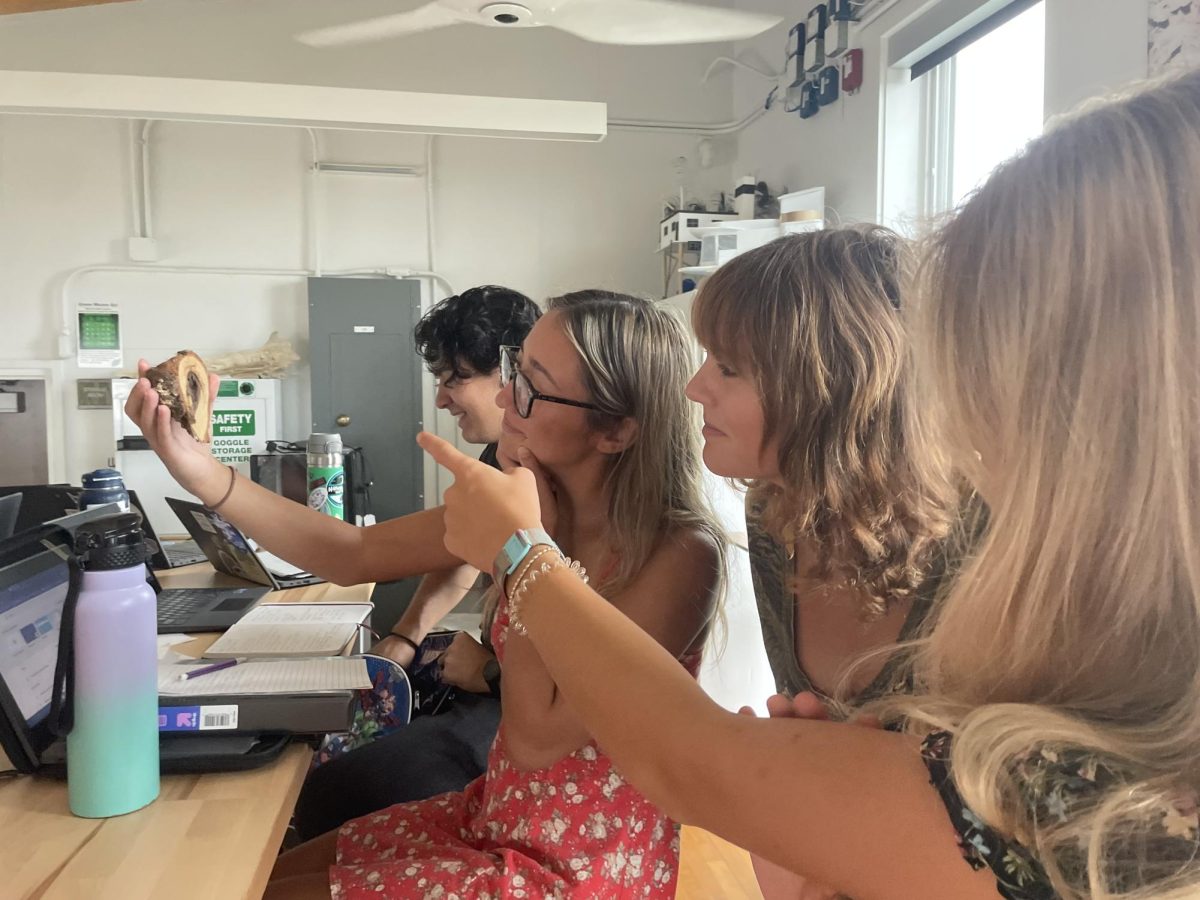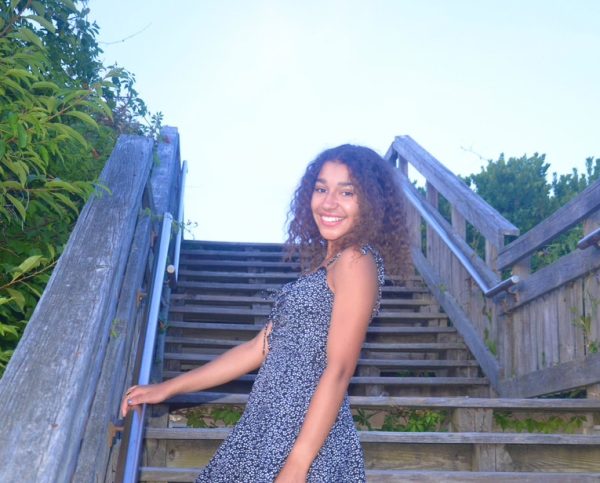Each year, the Virginia Polytechnic Institute University (VT) hosts a Computers and Technology (C-Tech²) program for roughly 70 young women to explore the various engineering programs offered.
The program is open to rising juniors and seniors from both the United States and abroad with strong academic performances. All costs, except transportation to and from VT, are covered. At the conclusion of the two-week program, participants are considered for early action acceptance into VT based on their submitted applications and work during their program, according to eng.vt.edu.
Seniors Valeria Rosado and Lauren Rakov attended the C-Tech² program through the 2023-2024 cohort.
“Virginia Tech is a great school for the major that I want to go into, so I chose to apply to this program knowing it was going to be an admissions pathway. It involves two weeks of hands-on activities with the smartest girls you’ll meet from all over the country,” Valeria said. “I still text my friends I met through this program that live in Brazil.”
Rakov agrees that the bonds formed were one-of-a-kind.
“This program was unique because [it] focused on girls specifically that were interested in engineering and worked on empowering females in a male-dominated field, especially at VT,” Rakov said. “Not only were we able to learn about engineering here, but it also helped us build connections with faculty and create strong bonds with the other girls.”
Applicants should be interested in pursuing electrical, computer, materials science, chemical engineering or a related field, according to the C-Tech² website. From participating in tree-inspired water harvesting, metal-casting, 3D printing, robotics and biomechanics to gaining insight into college admissions and scholarships, the program prepares students for college life and exposes them to a wide variety of engineering disciplines.
During the program, students were challenged with an engineering design project.
Valeria’s group was tasked with building a Rube Goldberg Machine. She was given the first week of the program to brainstorm and plan, and the second week to execute and develop the product. Although she wasn’t ecstatic about the prompt, she enjoyed the challenges and experiences that arose from it.
“I was not too fond of my engineering project. I felt that it limited my abilities to contribute because I was very much a computer-type person and especially with design projects in the past, I felt more engineering disciplines could have been considered when choosing the project,” Valeria said.
Rakov’s group of four was directed to create a product to improve dorm life. After hours of brainstorming, they decided to invent a product that would combat an issue most dorm students face in the dark: crossing the room to turn on or off the light switch and the feat-filled climb up and down the bed ladder. After realizing that smart switches weren’t able to be installed in dorms, they came up with our own mechanical solution.
“We designed a mechanical arm on a plate with a motor that was attached to the wall with command strips that were able to turn on and off the light from afar using a computer code,” Rakov said.
In order to develop their project, the program allocated each group a $20 budget for material spending at Walmart and granted access to a maker space to build and create the design.
“To present the final product we had to present our pitch to Bloomberg engineers who judged our prototype, data, research and trifold and then we brought our presentations down to the main engineering building in a science fair type set-up for parents and faculty members,” Rakov said.
The next day, the head Bloomberg engineer announced the winner of the design challenge at the closing ceremony of the program. Rakov’s group placed first in the Bloomberg-Sponsored Design Challenge with her product to enhance dorm life. She also won first place for a mini-design challenge titled, “Paper Tower.”
Valeria placed first with her team in the Cyber Security Challenge and received an award for her sustainability-focused design, followed by Rakov who placed second.
“I think my background at ATC, [the Advanced Technology Center], really pushed my love for engineering. I started gaining certifications and competitions in the computer science field, which I’m sure VT liked when looking at my application,” Valeria said. “Computer science is an amazing field and learning computer languages became a big part of my life.”
VT hosted two fall visitation weekends: Sept. 28-29, 2024, and Nov. 2-3, 2024, where prospective students received invitations for an open house weekend visit on campus. During the fall visitation, Valeria and Rakov received their decision letters. Both of them gained early action acceptance to VT.
“I was so excited. I opened my letter with my mother and started crying. I then immediately called my dad who couldn’t be there that day,” Valeria said, who will attend VT for computer science.
Rakov remains undecided but is sure of her goals to study engineering with a mechanical or environmental focus.
“[VT] is one of my top choices, but I am still undecided. I plan on making a decision when I get admissions decisions from the rest of the schools I am applying to,” Rakov said.

